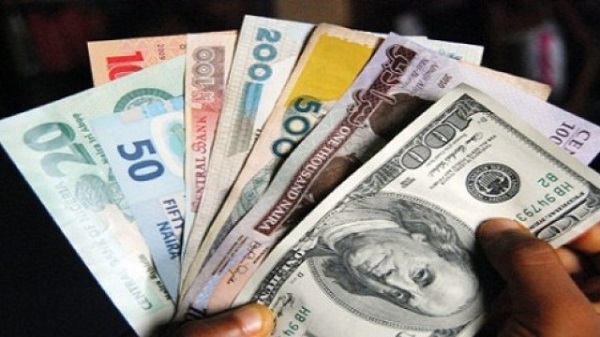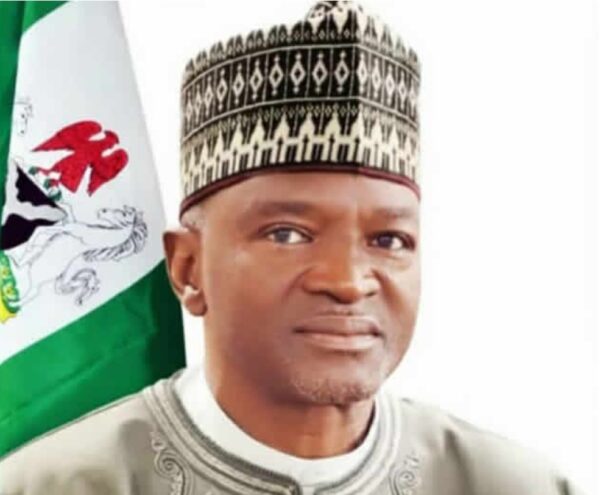CBN decries speculation as naira plunges, exchanges for 465/$
 Declining export receipts from oil and speculative activities of the Bureau De Change operators among other challenges of the COVID-19 pandemic on the economy will put more pressure on the naira.
Declining export receipts from oil and speculative activities of the Bureau De Change operators among other challenges of the COVID-19 pandemic on the economy will put more pressure on the naira.
The Central Bank of Nigeria said this in its report on ‘Monetary, credit, foreign trade and exchange policy guidelines for fiscal years 2020/2021’.
The value of the naira plunged further as it exchanged at 465/$ on the parallel market on Monday, after it exchanged at 460/$ on Thursday.
It had earlier exchange at 430/$ when the CBN commenced forex sales to the BDCs earlier in September.
Sequel to the COVID-19 pandemic, it said, the viability of the external sector in 2020 was expected to deteriorate, given the present worsening current account balance and depletion of external reserves driven, largely, by decelerating export receipts, particularly oil.
Specifically, it added, the degree of external reserves accumulation was expected to decelerate as outflows were expected to outweigh inflows.
As a result, external reserves were expected to lie between $29.9bn and $34.3bn at end-December 2020 (predicated on current declining oil price between $20 and $40).
“This development, in addition to exchange market pressures, emanating from speculative activities in the BDC and I & E segments of foreign exchange market, is expected to exert pressure on the naira exchange rate,” it stated.
In addition, the bank said increased risk aversion behaviour by investors may negatively impact on capital inflow as they flee to safe-haven assets.
Also, it projected that the fiscal space may be limited in 2020, given escalated vulnerability, as a result of sharp decline in oil prices, occasioned by weak global oil demand and price wars between Russia and Saudi Arabia.
This development would undermine the implementation of government’s capital programmes, impede public investment on infrastructural development and could culminate in higher debt profile and attendant debt service obligations of the government.
If the COVID-19 pandemic effects became severe, government may increase fiscal policy responses to ameliorate the impact on the populace, it stated.
The financial sector was expected to remain resilient in 2020 on account of the accommodative monetary policy stance, continued efforts by the bank towards ensuring financial system stability and credit expansion policies.
Furthermore, it added, the renewed policies aimed at enhancing the payments system and cash-less initiative are expected to sustain efficiency, safety and confidence in the Nigerian payments system.








